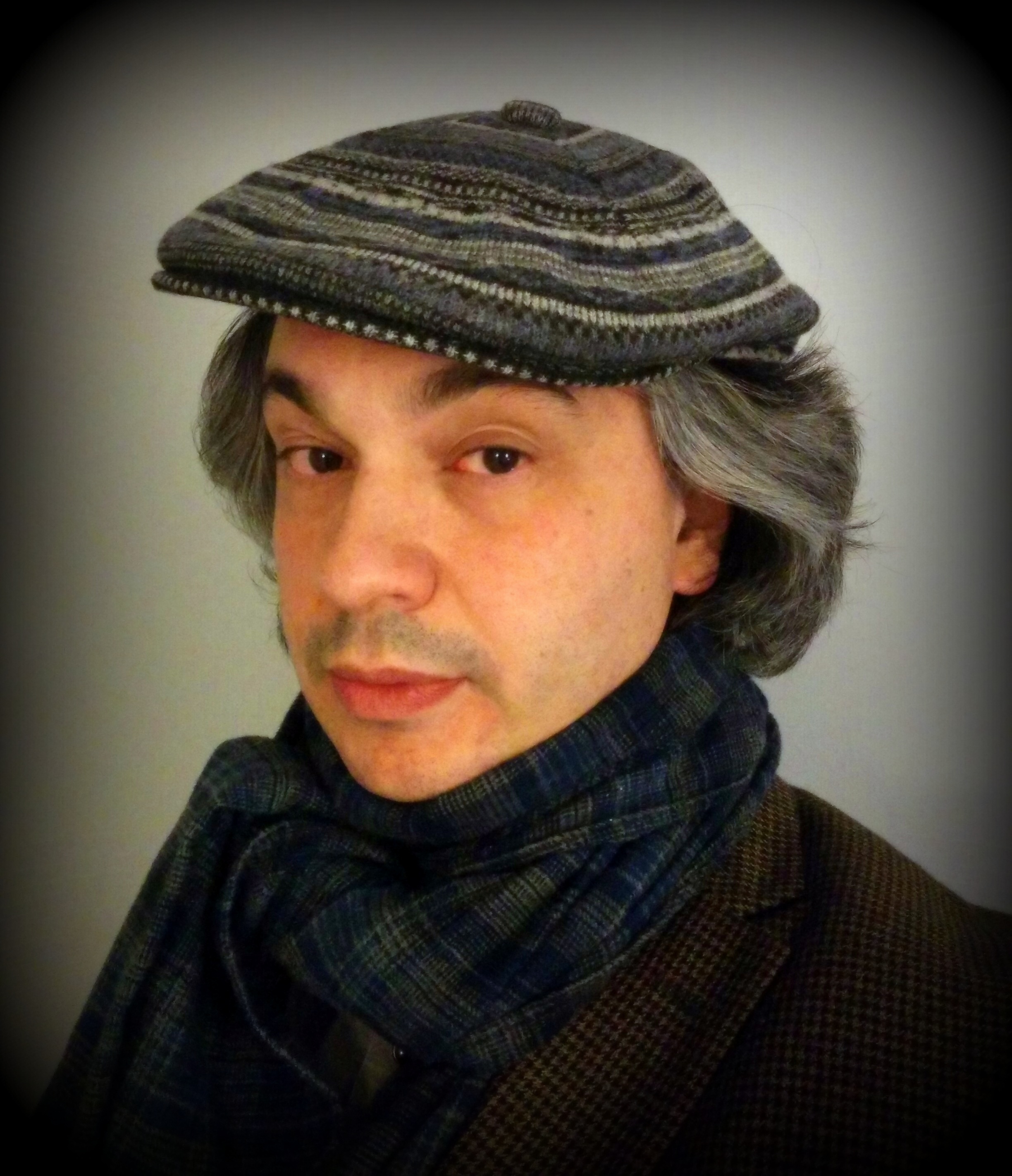Congratulations to Varsha Chauhan for successfully defending her MSc thesis on planar graph generation!
We solve algorithmic, modeling and computational problems in AI, machine learning, quantum computing, network science, graphs, combinatorial scientific computing and more.
Monday, November 26, 2018
Travel awards
Congratulations to Justin Sybrandt and Ruslan Shaydulin for receiving travel awards to present their papers at IEEE Big Data 2018 and APS 2018!
Thesis defense
Congratulations to Dr. Hayato Ushijima-Mwesigwa for successfully defending his Ph.D. thesis "Models for Networks with Consumable Resources"!
Community detection on NISQ devices
Accepted paper at at 3rd International Workshop on Post Moore's Era 2018
Supercomputing (PMES 2018)
Ruslan Shaydulin, Haayto Ushijima-Mwesigwa, Ilya Safro, Susan Mniszewski, Yuri Alexeev "Community Detection Across Emerging Quantum Architectures", preprint at arXiv:1810.07765, 2018
Sunday, November 25, 2018
Can we predict crimes in Chicago?
Our paper is accepted at IEEE Big Data 2018
Saroj K. Dash, I. Safro, Ravisutha S. Srinivasamurthy "Spatio-temporal prediction of crimes using network analytic approach", preprint at arXiv:1808.06241, 2018
It is quite evident that majority of the population lives in urban area today than in any time of the human history. This trend seems to increase in coming years. Studies say that nearly 80.7% of total population in USA stays in urban area. By 2030 nearly 60% of the population in the world will live in or move to cities. With the increase in urban population, it is important to keep an eye on criminal activities. By doing so, governments can enforce intelligent policing systems and hence many government agencies and local authorities have made the crime data publicly available. In this paper, we analyze Chicago city crime data fused with other social information sources using network analytic techniques to predict criminal activity for the next year. We observe that as we add more layers of data which represent different aspects of the society, the quality of prediction is improved. Our prediction models not just predict total number of crimes for the whole Chicago city, rather they predict number of crimes for all types of crimes and for different regions in City of Chicago.
What We Do - Team - In News
Quantum Computing Quantum computers are expected to accelerate scientific discovery spanning many different areas such as medicine, AI, ...

-
Quantum Computing Quantum computers are expected to accelerate scientific discovery spanning many different areas such as medicine, AI, ...
-
We're pleased to share that Kien Nguyen, PhD student in Computer Science, is joining our group. Kien will be working on quantum computi...
-
Congratulations to our PhD Students on their summer internships! We’re proud to share that several of our PhD students are heading to exciti...


